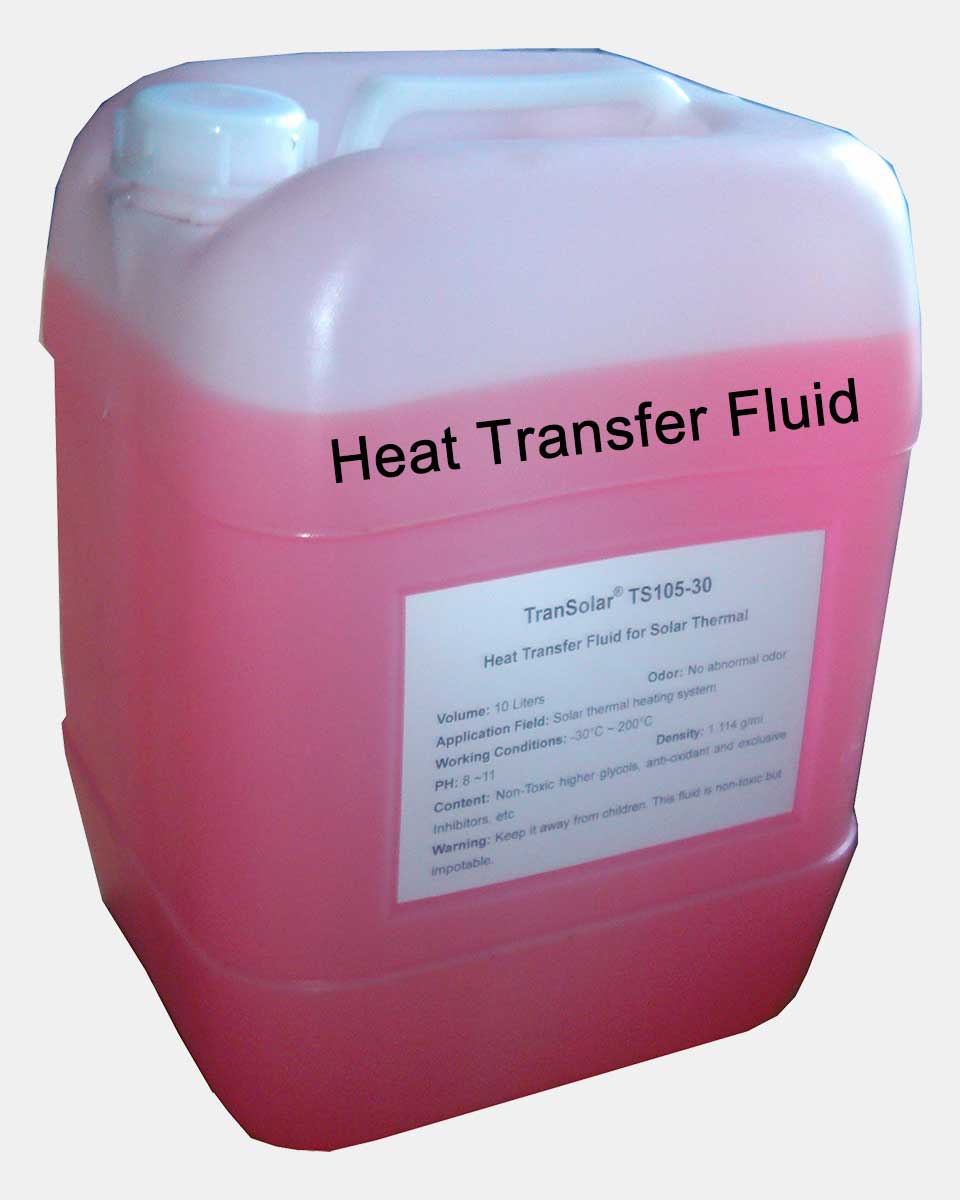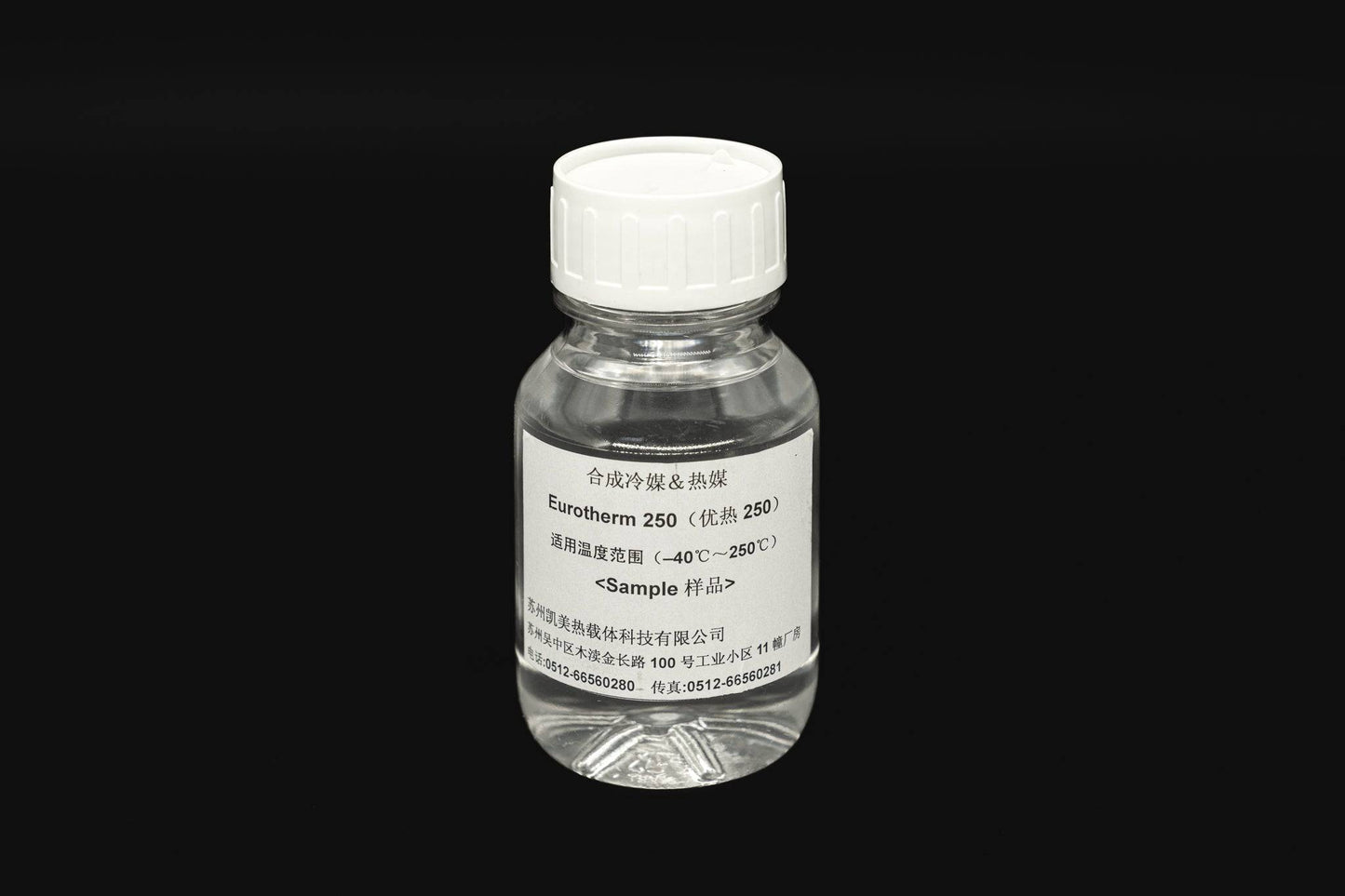The Relevance of Thermal Security in Heat Transfer Fluid Option
The Relevance of Thermal Security in Heat Transfer Fluid Option
Blog Article
Why Warmth Transfer Liquid Is Important for Optimizing Energy Transfer in Systems
The duty of warm transfer fluids in optimizing energy transfer is pivotal for accomplishing efficient thermal administration across various industrial markets. These liquids promote smooth warm exchange, guaranteeing procedures operate within optimum temperature varieties and minimizing the danger of overheating.

Function in Thermal Administration
Warm transfer fluids play a crucial role in thermal management by effectively managing temperature levels in different commercial procedures and systems. These specialized liquids promote the transfer of heat between various components, guaranteeing ideal operating problems and avoiding overheating. By keeping specific temperature level control, heat transfer fluids make it possible for industries such as chemical production, oil and gas, and power generation to operate safely and efficiently.
The choice of a proper heat transfer liquid relies on several factors, consisting of thermal stability, heat capacity, and thickness. High thermal stability ensures that the liquid can stand up to severe temperatures without breaking down, while a high warm capacity permits it to take in and release considerable quantities of warm - heat transfer fluid. Low thickness decreases the energy needed for pumping, adding to general system effectiveness
In addition, warm transfer liquids are important in applications like refrigeration, where they aid take in and dissipate warm during the cooling cycle. In solar thermal energy systems, these liquids capture and transport solar heat to produce electrical energy or supply warm water. Their flexibility to varied operating conditions and ability to maintain consistent thermal efficiency emphasize their value in commercial thermal management, promoting functional connection and enhancing security steps.

Enhancing System Effectiveness
To take full advantage of the advantages of thermal monitoring, boosting system effectiveness through the calculated usage of warm transfer liquids is extremely important. By keeping optimum temperature degrees, heat transfer fluids help ensure that systems operate within their designed parameters, thus avoiding overheating and decreasing the danger of element failure.

Kinds Of Heat Transfer Fluids
The diversity of heat transfer fluids underscores their important role in a range of industrial applications, each tailored to fulfill specific thermal monitoring requirements. These liquids promote reliable power transfer and are Learn More Here selected based on key residential properties such as thermal stability, thickness, and heat ability. The primary kinds consist of water, glycol options, oils, and synthetics, each offering unique benefits.
Water is the most typical heat transfer tool due to its high particular warmth capability and reduced cost. Mineral oils are preferred for their thermal stability and non-corrosive nature, making them appropriate for high-temperature applications.

Synthetic fluids, including silicone and aromatic substances, supply extraordinary thermal security and are used in settings requiring severe temperature level arrays. These liquids make sure premium efficiency in systems where traditional fluids may fail. The selection of a heat transfer fluid is vital, as it influences system effectiveness, security, and durability. Each kind needs to be selected to line up with the functional demands and the particular conditions of the application it serves.
Environmental and Economic Advantages
Using the right warm transfer fluids provides considerable ecological and economic benefits for industrial operations. Environmentally pleasant heat transfer fluids, frequently eco-friendly and non-toxic, decrease the risk of Full Report dirt and water contamination in the event of leaks or spills, therefore safeguarding ecosystems and conforming with stringent environmental guidelines.
Economically, the right warm transfer fluid can substantially reduce operational costs. Liquids with extensive lifecycle efficiency lower the regularity of substitutes and upkeep, lowering downtime and linked costs. Overall, the tactical usage of optimal warm transfer fluids supports sustainable economic development and ecological stewardship.
Choosing the Right Liquid
Exactly how does one navigate the complex procedure of selecting the ideal warmth transfer liquid for commercial applications? Selecting the appropriate liquid is critical, as it directly affects system efficiency, safety, and functional prices. Key factors to consider consist of thermal stability, compatibility with system products, and running temperature variety. Thermal security makes certain the liquid can endure heats without weakening, while compatibility prevents corrosion or other detrimental reactions with system components. The operating temperature range have to line up with the system's demands to keep performance and durability - heat transfer fluid.
Additionally, the liquid's warmth capacity and viscosity are paramount. A high heat capability allows the fluid to absorb and move more energy, boosting effectiveness.
Verdict
The tactical option and application of warm transfer fluids are basic to enhancing energy transfer throughout numerous systems. By making sure high thermal stability and capability, these liquids offer specific temperature control and boost overall system performance.
Report this page